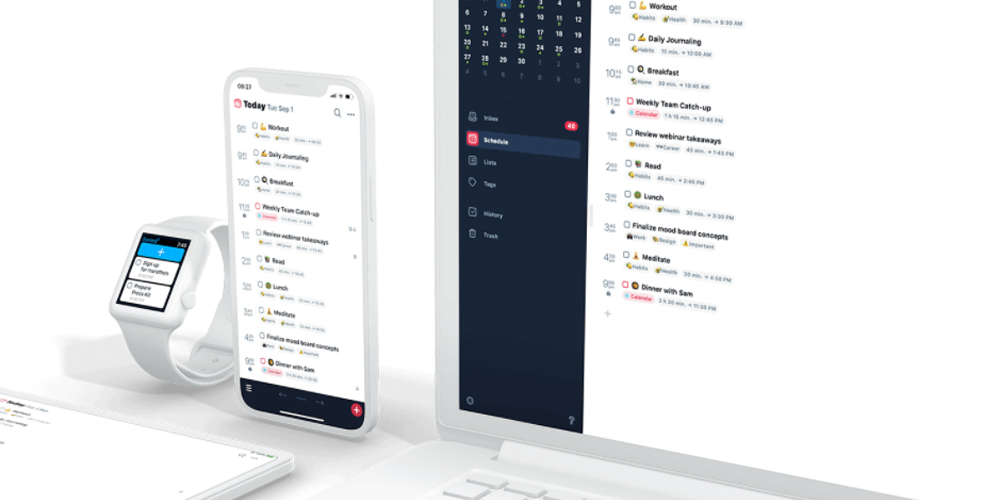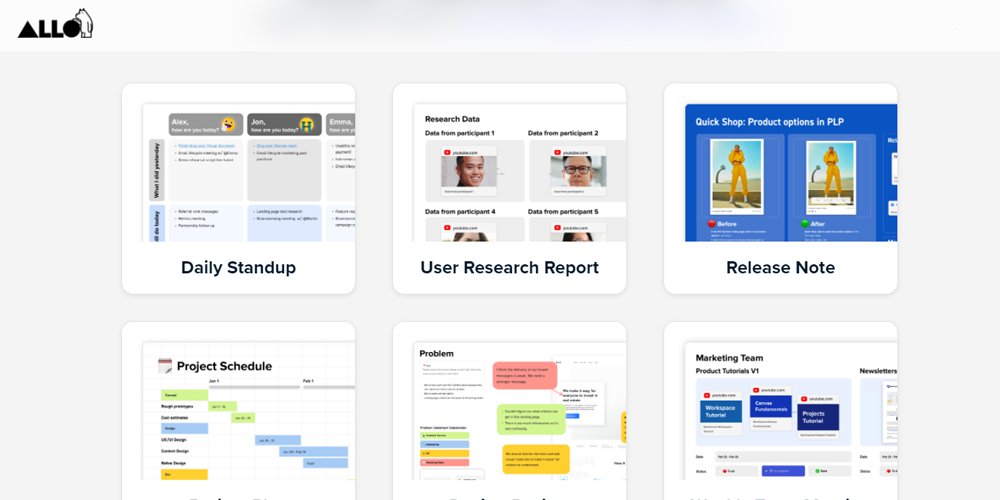By now, it’s pretty common knowledge that our smartphones are tracking us, but what you might not be aware of is just how much law enforcement is taking advantage of our private data. Now, the good news is that some places have gotten wise to this breach of privacy and are banning certain tactics. The bad news is: If you were ever in the vicinity of a recent crime scene, it’s quite possible your privacy has already been invaded.
How are law enforcement doing this? Well, it starts with a geofence.
At its core, a geofence is a virtual border around a real geographic location. This can serve many purposes, from creating marketing opportunities for targeted ads to tracking shipping packages. In the case of law enforcement, though, geofences are often used in something called a geofence warrant.
Traditionally, warrants identify a subject first, then retrieve their electronic records. A geofence warrant, on the other hand, identifies a time and place and pulls electronic data from that area. If you’re thinking “hey, that sounds sketchy,” you are–forgive the pun–completely warranted.
With a geofence, law enforcement can dig through your private data, not because they have proof you were involved in a crime, but because you happened to be nearby.
This practice, though relatively new, is on the rise: Google reported a 15-fold increase in geofence warrant requests between 2017 and 2018. As well as invading privacy, these warrants have led to false arrests and can be used against peaceful protesters. Not to mention, in many cases, geofence warrants can be extremely easy to acquire. One report in Minnesota found judges signed off on these cases in under 4 minutes.
Thankfully, there have been signs of people pushing back against the use of geofence warrants. In fact, there have been multiple federal court rulings that find the practice in violation of the Fourth Amendment, which protects citizens from “unreasonable searches and seizures,” including your electronic data.
If you’re still worried about your privacy, there are ways to keep your electronic data on lock. For example, turn off your location services when you’re traveling, and avoid connecting to open Wi-Fi networks. You can also work to limit location sharing with apps and websites.
These and other tips can be a great way to help you avoid not just geofence warrants, but others who want to use your electronic information for their own gain.
Brittany is a Staff Writer for The American Genius with a Master's in Media Studies under her belt. When she's not writing or analyzing the educational potential of video games, she's probably baking.








































